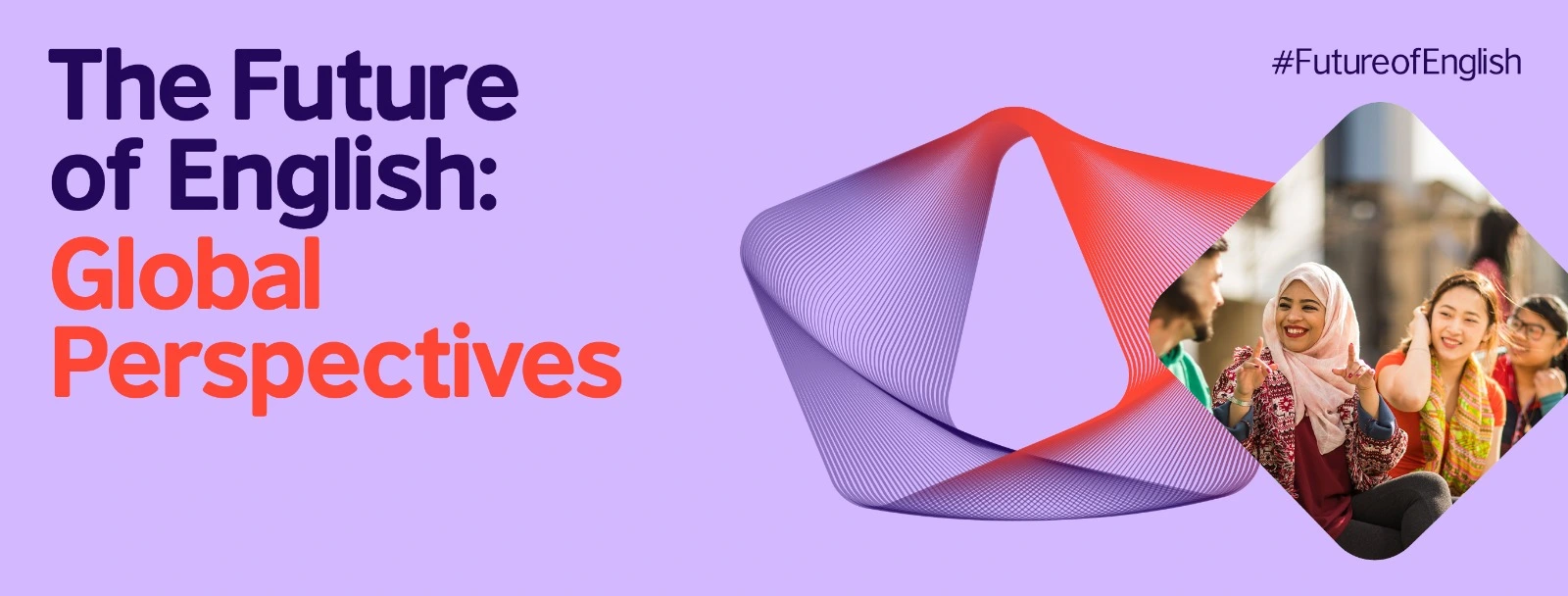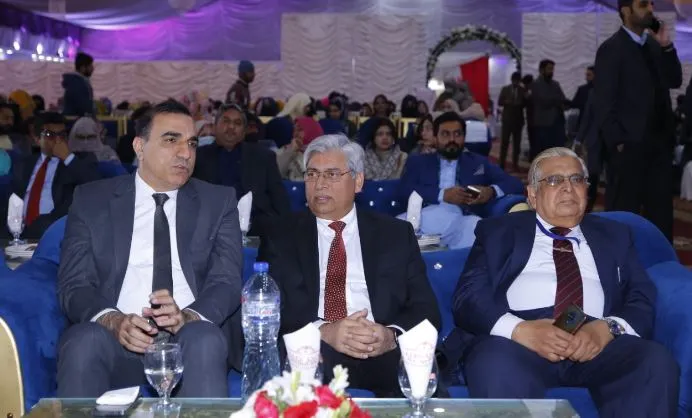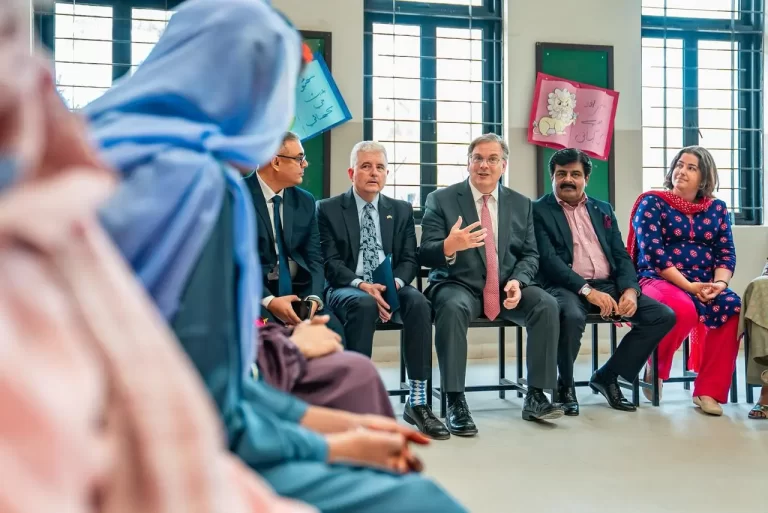The British Council looks into the Future of English
English will continue retaining its position of the world’s most widely spoken language during the next decade.
And even in the widespread use of automation, AI and machine learning, teachers will remain to be at the heart of English learning.
These are two of the conclusions in a significant academic study titled “The Future of English: Global Perspectives,” which was released by the British Council on 18 April.
This is the first publication of a significant programme of research and international engagement that the British Council began in 2020.
The Future of English research programme will shed light on the trends influencing the use of English as a worldwide language and provide information for policy makers, educators, researchers, and other people with an interest in this crucial subject.
Key findings
The majority of people on earth speak English. English currently dominates the world’s communication systems, and it will probably continue to do so for the foreseeable future.
• There is a strong correlation between the desire to learn English and the need for teachers, even when new technologies are taken into account.
• English will continue to play an important role, increasingly doing so alongside other languages to provide rich linguistic opportunities for learners all over the world.
• The private sector can increase opportunities for youth and cover any gaps in public sector language education programmes. The research advises increased cooperation between public and private providers because the quality of some private provision varies.
• To ensure that assessment practises remain applicable for today’s education, job, and social interactions, policymakers should regularly reassess the approach to testing English competence.
• More kids could access language study thanks to technology. However, the study revealed that it also runs the danger of expanding the gap between those who have access to technology and those who do not.
• Change is taking place. According to the report, there has been a progressive, industry-led shift away from the ideal of fluency in one’s home tongue and towards a more practical and contextualised approach to language competency.Is Online Education Learning in Pakistan Effective?
Important findings for Pakistan:
In a country with a variety of languages, English is thriving, with economic potential fueling its expansion.
• Education systems must change and adapt. There has to be more policy coherence in the language programmes now offered in public schools.
• Technology is empowering and facilitating teaching and learning, and it has the ability to reach a much larger audience than conventional in-person teacher models.
In order to inform next study releases, the British Council will spearhead data collection on a global scale. globally.
As a part of our long-term commitment, we have started a significant new Future of English research grant programme, with the first four funds going to UK-led international projects in 2022.
The British Council will also debut a new touring exhibition called Future of English alongside the new magazine.
The multimedia display will examine several of the report’s key themes, including English in education, English in the workplace, and English in the community.
It will also include interactive features that will poll visitors on their opinions of the English language’s future.
The exhibition will debut on April 26 at the British Council’s headquarters in Stratford, London. From there, it will travel to the New Directions LATAM 2023 conference in So Paulo, Brazil, from May 25–27, and the New Directions East Asia 2023 conference in Hanoi, Vietnam, on October 27–28, 2023. Prior to the exhibition’s return to London in early 2024, additional sites and dates for 2023 will be revealed.
“At the British Council, English language teaching, learning, and assessment are at the heart of what we do,” said Mark Walker, Director of English & Exams.
We promote the ability of English to dismantle barriers, assist millions of learners in developing their skills, creating global connections, and gaining access to possibilities that can change a person’s life.
We are now working together with partners, thought leaders, teachers, and students from all over the world to start fresh dialogues and exchange universal viewpoints about the future of English.
The Future of English report offers some important insights for Pakistan, according to Amir Ramzan, Country Director of the British Council in Pakistan.
In a country with a variety of languages, English is thriving, with economic potential fueling its expansion.
This is made possible by technology, and we are happy to be contributing in some little way.
Our English as a Subject for Teachers and Educators (EaSTE) programme is currently being provided with a digital-first strategy to assist the continuing professional development of every primary school English teacher in Punjab (150 000 teachers).
By ensuring that kids enter secondary school with the ability to study in English effectively, this approach aims to bring about long-lasting beneficial change in the way that English is taught in primary classrooms.
The British Council links with more than four million teachers and educators online every year, creating the largest global network of teachers, and provides online resources to serve 100 million English learners globally.
To improve the quality of English in educational systems, the British Council also collaborates closely with educational leaders, teacher educators, and English language instructors.








